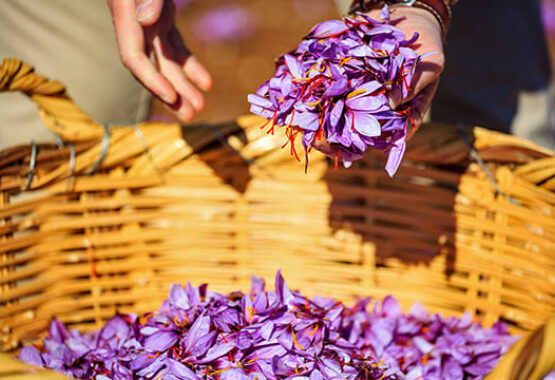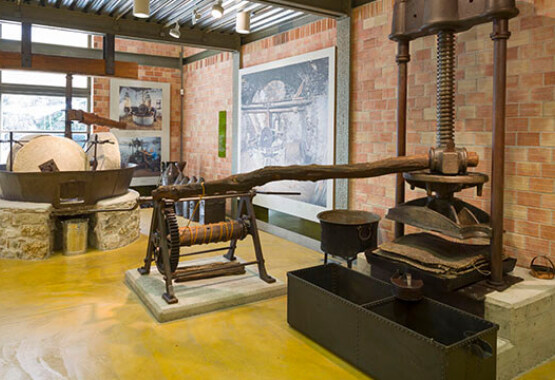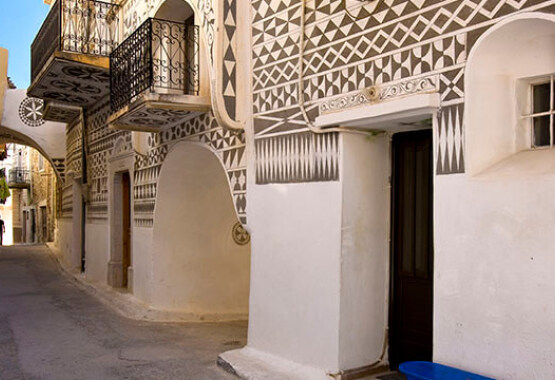Traditional Grape Harvest
September is traditionally the wine grape harvesting month in Greece and it has been a family matter for the longest time, as every member of the family, neighbours and friends work hard to complete this demanding agricultural labour. Next time you visit Greece, plan ahead and experience this age old tradition.
Customs
Grape harvesting in Greece always had its rituals and customs, which have been passed down from one generation to the other. Some customs have endured to the present day, while others have faded away. Every year on the 6th of August winemakers used to fill a basket with the first ripe grapes and send it to the church for a blessing. On the first day of wine grape harvest, they also brought a priest to say a prayer. As a sign of gratitude to the Divine, they left a small portion of the vineyard unharvested.
Greeks have a verve for life. They combine the hard work of harvesting with some brief moments of respite and feasts. At noon all harvesting participants take a break and gather together to eat the food offered by the wine grower. While they eat and drink they make their first assumptions as for the quality and quantity of the crop they are currently working on.
Next stop, the patitiri (meaning wine press), and undoubtedly, this is another occasion to celebrate. While some participants do the pressing, others enjoy a large variety of meze (tidbits) and drinks. Who would you like to help out?
From the Vineyard to your Wine Glass
The weather is pretty unstable in autumn and all chores in the vineyards must be completed in an appointed time before sudden rainfalls, which could ruin the crop, therefore Greeks have grown accustomed to helping one another. Friends, neighbours and family members gather and start working in the vineyards from early in the morning throughout the day while they sing along popular songs or tease one another. All participants are assigned a specific task: youngsters and women usually handle harvesting the grapes and carefully placing them in baskets, while the strongest individuals carry and stack the baskets on trucks (donkeys were used in the past).
The crop is then transported to the next stage of the winemaking process, the press, where another group of people takes over. In the past, the grapes were manually processed with traditional foot-stomping, and the wine fermented in wooden barrels for a period of three months. Nowadays, the traditional foot-stomping process has been replaced by easier and more cost effective methods.
Wine tasting began during the celebration of one of two Orthodox Saints: on the 26th of October for Agios Dimitrios, or on the 3rd of November for Agios Georgios Methistis (methistis comes from the Greek word methisos, meaning drunk).
Nothing can compare to the pride the winemaker feels when the wine is finally on the table and ready to be served. It will accompany him and his family through both happy or sad occasions throughout the following year, until the whole winemaking process starts over again from scratch. Till next time, cheers!



